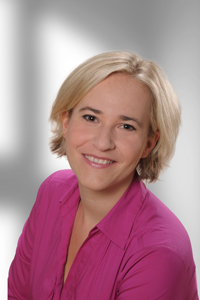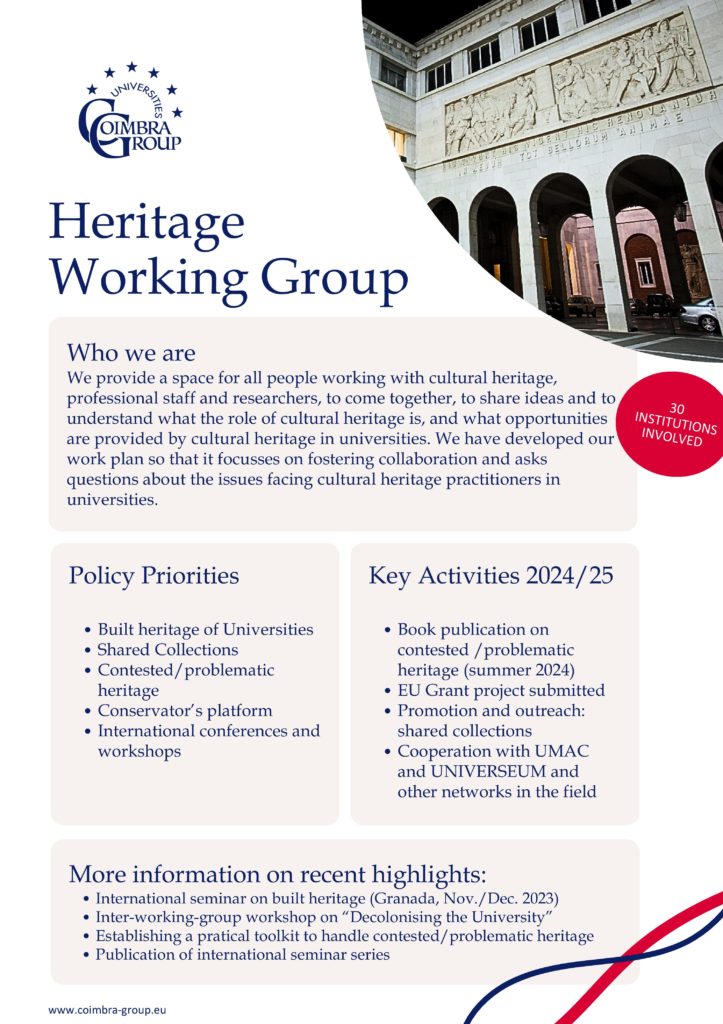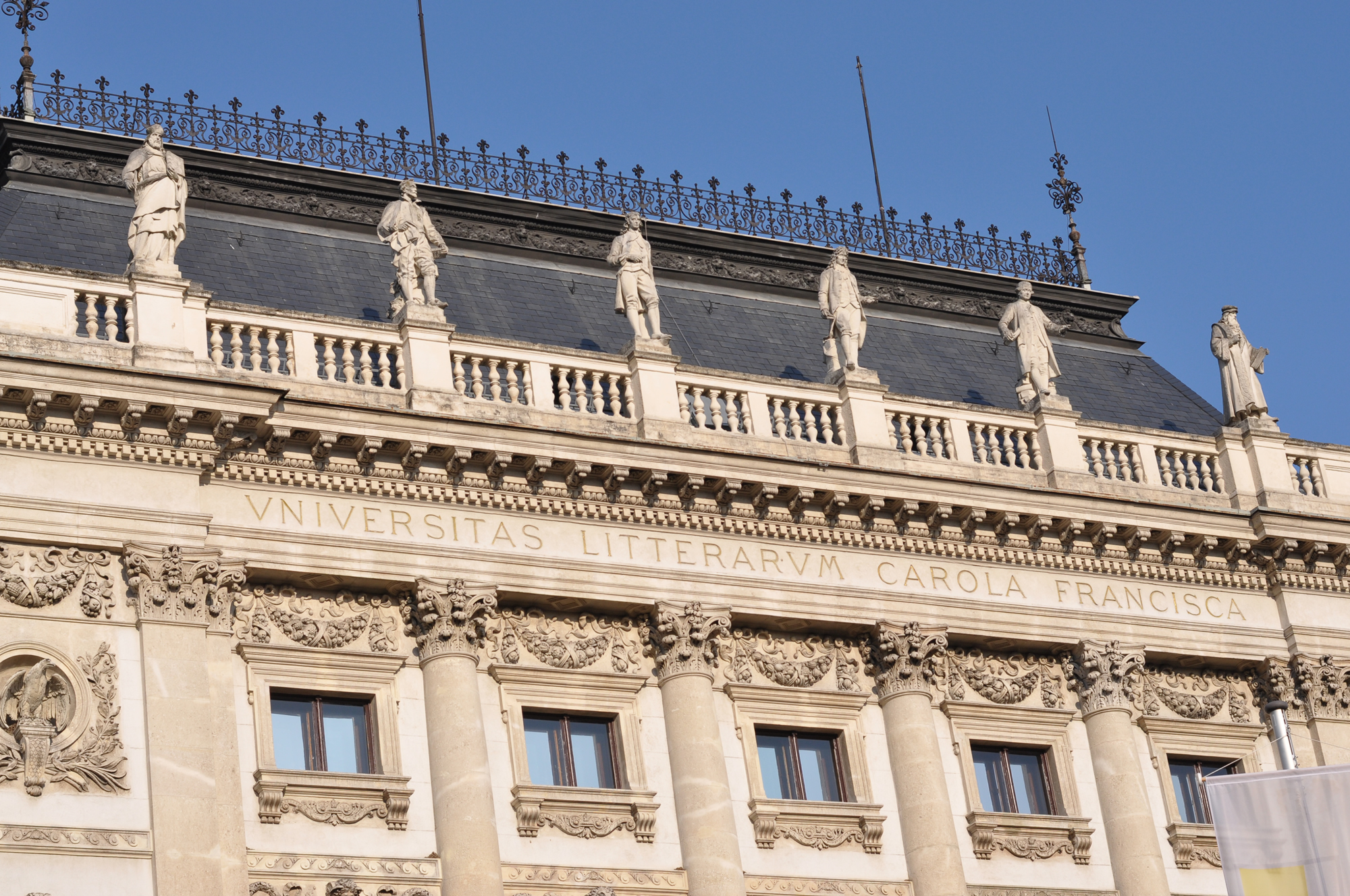Heritage
Working Group
Chair: Bernadette Biedermann

Bernadette Biedermann (Mag. Dr. phil.) studied museology and art history at the University of Graz. She currently works as museologist, curator and researcher at the University Museums of the University of Graz. She is Deputy Head of University Museums of the University of Graz. Her research focuses are: theoretical museology, object-based research, museum documentation, museum communication and forms of museum presentation; she is co-editor of the journal “Curiositas”.
Vice-Chair: Jeremy Upton

Jeremy Upton is the Director of Library and University Collections at the University of Edinburgh, a post he took up in 2015. His remit covers library and museum collections including the world renowned musical instrument collection held at St Cecilia’s Hall. Jeremy started his professional library career as a music librarian before moving in to general University Library Management. Prior to working in Edinburgh, he was Deputy Director of the library at the University of St Andrews.
Focus of Working Group
The Coimbra Group Heritage Working Group (HER WG) provides a space for all people working with cultural heritage, professional staff and researchers, to come together, to share ideas and to understand what the role of cultural heritage is, and what opportunities are provided by cultural heritage in universities. We have developed our work plan so that it focusses on fostering collaboration and asks questions about the issues facing cultural heritage practitioners in universities.
Our work plan is divided into six main areas:
- Cultural and built heritage and the University
- Contested / problematic heritage
- Conservation
- Shared Collections
- Joint projects and grant opportunities
- Promotion, networking and outreach
We recognise that the HER WG operates in a heritage space which is very large, complex and at times confusing. We are increasingly putting our efforts into understanding what we can contribute to the European cultural heritage space, where it makes sense for us to take a lead and where it makes more sense for us to partner with others. The creation of the European University Alliances has provided us with opportunities to collaborate with a new set of networks with a strong interest in culture.
Priorities for 2024-2026
- Contested / problematic heritage.
- Built heritage of Universities.
- Shared Collections.
- International conferences and workshops.
- Joint projects and grant opportunities.
Recent highlights
- Call for papers for a publication on contested /problematic heritage (to be published in summer 2024 with Coimbra Group funding).
- Horizon Europe funding proposal submitted (lead: University of Utrecht, February 2024).
- Promotion and outreach: shared collections CG platform to be established.
- Cooperation with UMAC and UNIVERSEUM and other networks in the field.
- Inter-Working-Groups workshop on “Decolonising the University” at the CG Annual Conference in Turku in cooperation with the Latin America WG and the Global Partnerships WG (5 June 2024).
Ongoing/forthcoming activities
2024 – 2025
- Publication of open access book on contested / problematic heritage at the University of Edinburgh (planned for summer 2024).
- Annual HER WG autumn meeting to be planned and organised (2024).
- Working on a publication on the HER WG international seminars’ series (University of Graz, planned for summer 2024).
- Following up the inter-Working Groups cooperation on decolonising the university (probably a joint workshop at the CG Annual Conference in Bologna in June 2025).
- Establishing a platform to share already existing online collections and exhibitions at CG Universities (online, hosted by the University of Cologne).
- Establishing a conservator’s platform (online, hosted by the University of Edinburgh).
- Establishing a practical toolkit to handle contested / problematic heritage.
2025 – 2026
- Exchange on student / teaching level based on shared collections (online?).
- Continue to work on above-mentioned projects and topic.
- Publication of a practical toolkit to handle contested / problematic collections at universities.
- Continue the cooperation with other networks in the field.
- Organising international seminar series and joint workshops.
Contact person at the CG Office: Emmanuelle Gardan (gardan@coimbra-group.eu)



